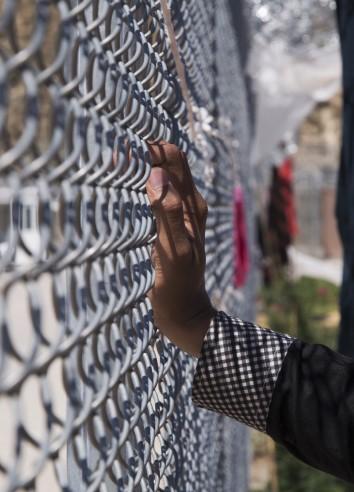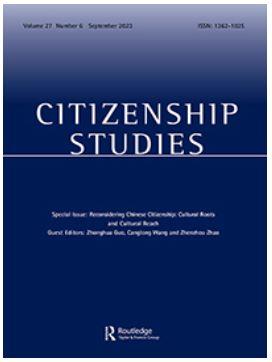Left behind: reparations and assistance for families of missing and disappeared persons
As people continue to go missing in all regions of the world, thousands of families are left behind. They do not know whether their loved ones are alive or dead, and go through phases of ambiguous loss during their search. Aggravating this emotional turmoil, family members also often face economic hardship, especially if the missing person was the main breadwinner. Many States have adopted laws which address the situation of families of missing people, but their socio-economic needs remain predominantly unaddressed.
In this post, Grażyna Baranowska, Assistant Professor at Polish Academy of Sciences and Marie Skłodowska-Curie fellow at the Hertie School in Berlin, demonstrates that with regard to families of missing persons States typically apply either measures of reparation or measures of assistance. She argues that the two forms can and should coexist.




